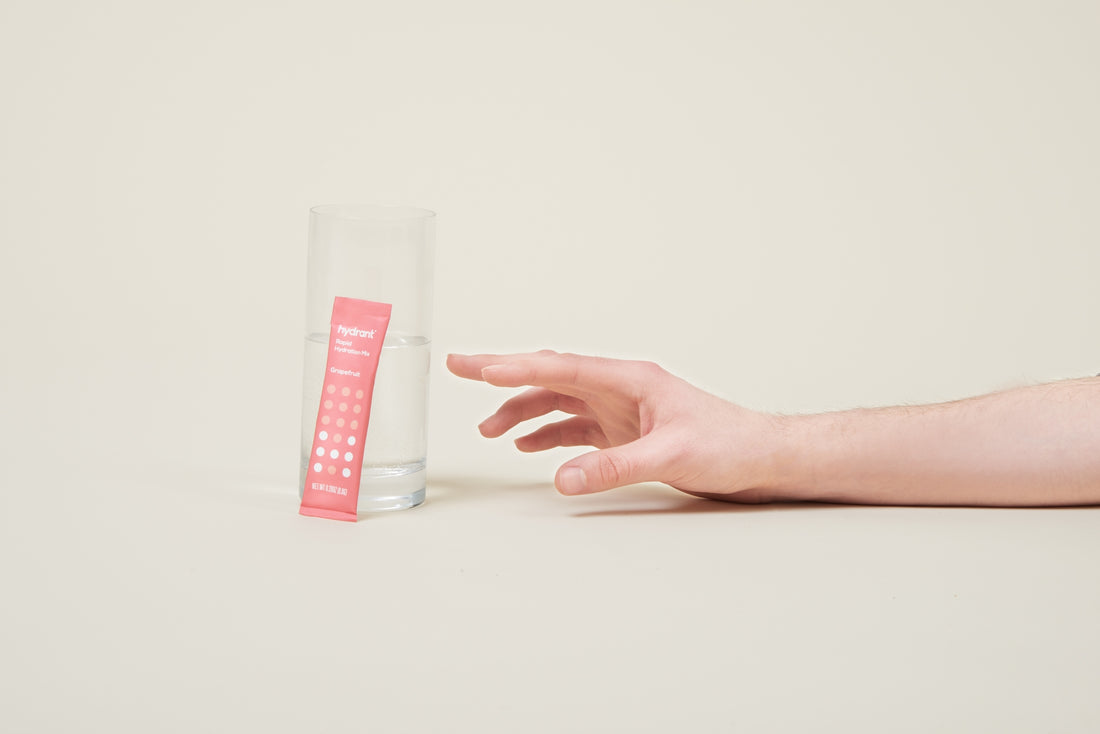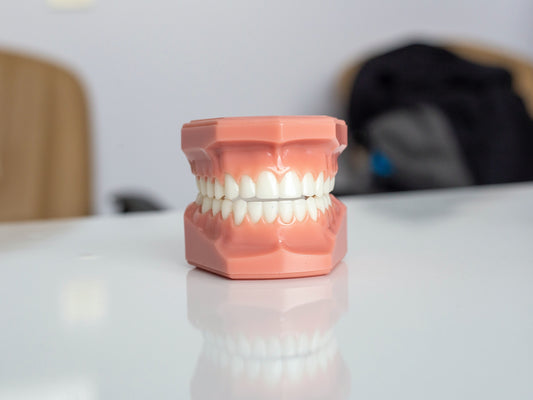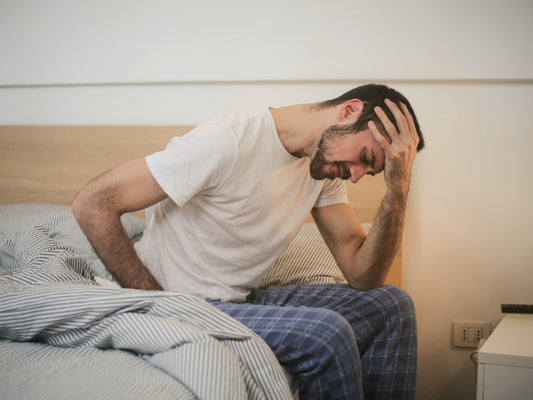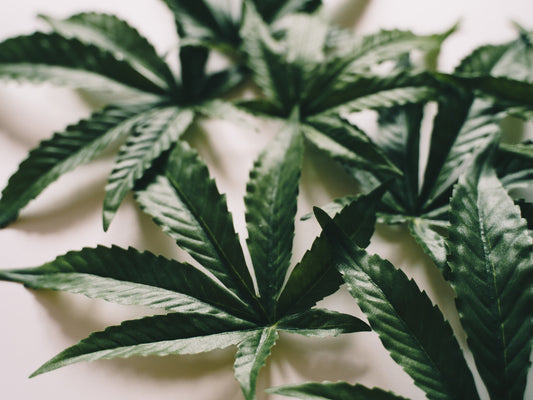Why does alcohol make you dehydrated?
Alcohol can make you dehydrated by stimulating diuresis[1] - an increase in urine output[2]. To be precise, 10 grams of alcohol makes you produce 100ml (3.38 fl. oz) of urine![2]
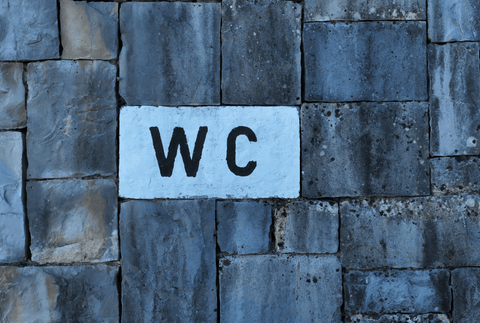
Alcohol makes you dehydrated because it leads to an increase in plasma osmolality. In other words, there are more particles in your bloodstream. This increase in concentration stimulates the release of a hormone called anti-diuretic hormone, or ADH, helping you to hold on to water by making you urinate less. However, alcohol inhibits the release of ADH[3], making you doubly dehydrated by increasing your blood concentration and then making you pee more - so you lose water and electrolytes![4]
How can I stay hydrated while drinking alcohol?
 Different concentrations of alcohol will have differing impacts on hydration. The increase in urine production is proportional to the concentration of alcohol: a drink of 2% alcohol gives no increase in urine output compared to a non-alcoholic drink, whereas a drink with 4% alcohol does[2]. Even if you are drinking higher concentration alcoholic drinks, you can counter this by drinking water as well. Better still: replace fluids lost with a hydrating drink that also includes the sugar and electrolytes needed for you to properly rehydrate, like Hydrant.
Different concentrations of alcohol will have differing impacts on hydration. The increase in urine production is proportional to the concentration of alcohol: a drink of 2% alcohol gives no increase in urine output compared to a non-alcoholic drink, whereas a drink with 4% alcohol does[2]. Even if you are drinking higher concentration alcoholic drinks, you can counter this by drinking water as well. Better still: replace fluids lost with a hydrating drink that also includes the sugar and electrolytes needed for you to properly rehydrate, like Hydrant.
Why does alcohol give you a hangover?
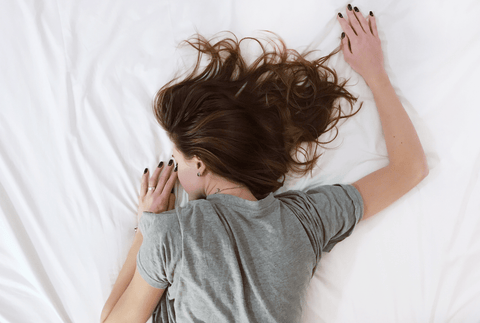
The proper name for a hangover is “veisalgia.” The familiar hangover symptoms include headache, diarrhea, tachycardia (fast heart rate), tremor (the shakes), fatigue, and nausea[5]. Diarrhea and vomiting will further dehydrate you, contributing particularly to hangover headache due to loss of water to the brain[6]. Check out this article, where we discuss the link between dehydration and headaches here.
There are other causes of hangover symptoms, but the full story is still being uncovered. The body processes alcohol to get rid of it by breaking it down first to a molecule called acetaldehyde and then to acetate)[7]. Acetaldehyde is thought to be what causes many hangover symptoms, particularly nausea[8].
How can I avoid getting a hangover?
Alcohol will stop you feeling thirsty even when you’re dehydrated [4], but make sure you keep drinking water with alcohol as this can help to reduce the severity of your hangover[5]. Of course, the sure-fire way to avoid getting a hangover is to not drink in the first place or to drink less. The key is always to drink responsibly.
There’s no such thing as a "hangover cure,” although there are tons of products and supplements out there that claim to be. This article discusses whether DHM is a supplement that can "cure" hangovers, here. Because science doesn’t yet have the answer to hangovers, our philosophy at Hydrant is to treat only the piece that we are certain about: dehydration. Our customers have reported fantastic results from rehydrating with Hydrant after drinking alcohol and before they go to bed.
Is your routine dehydrating?
Are you concerned about your own hydration levels? Take the quiz below to find the best Hydrant for your hydration routine.
References
[1] Useros, A et al, Influence of alcohol consumption on hydration status in healthy adults, Nutricion Hospitalaria, 32:2, 45-46, 2015 (How alcohol leads to changes in hydration, and drinking more water and less alcohol will counter this)
[2] Hobson, R, Maughan, R, Hydration status and the diuretic action of a small dose of alcohol, Alcohol and Alcoholism, 45:4, 366-373, 2010 (Paper showing that alcohol leads to dehydration by stimulating diuresis, but that if you’re already dehydrated this has less of an impact)
[3] Linkola, J et al, Plasma vasopressin in ethanol intoxication and hangover, Acta Physiologica Scandinavica, 104:2, 180-187, 1978 (Suggestion that alcohol might cause dehydration not by blocking ADH, vasopressin, release, but by other mechanisms)
[4] Roberts, K, Mechanism of Dehydration following alcohol ingestion, Archives of International Medicine, 112:2, 154-157, 1963 (Again showing that alcohol dehydrates you by increasing blood solute concentration, but also increases diuresis by inhibiting ADH)
[5] Sager, J et al, Preventing and remedying a hangover, Haymarket Business Publications Ltd, 2003 (A good overview of what causes your hangover, including acetaldehyde)
[6] Dziedzicki, D, Self reported alcohol consumption and its effect of fatigue and hydration status, 2012 (The impact the dehydration due to alcohol consumption can have on athletic performance)
[7] Jayawardena, R, et al, Interventions for treatment and/or prevention of alcohol hangover: Systematic review, Human Psychopharmacology, 32:5, 1-8, 2017 (A review of this possible different treatments for a hangover, evaluating how they work and how effective they are)
[8] Thracia, T et al, Hangover, Electronic Journal of Folklore, 61, 47-64, 2011 (How alcohol causes the various symptoms of a hangover, including psychological)
[9] Wang, F et al, Natural Products for the prevention and treatment of hangover and alcohol use disorder, Molecules, 21:1, 64, 2016 (Quite a technical paper on natural hangover remedies and how they work)










